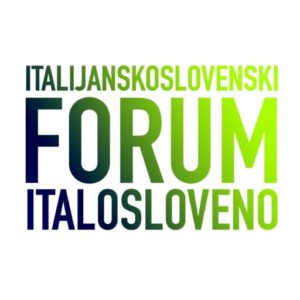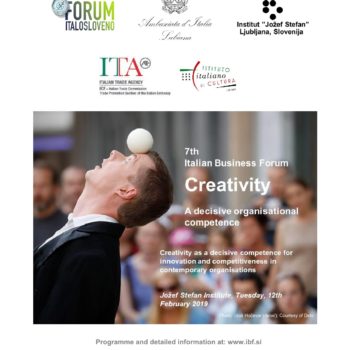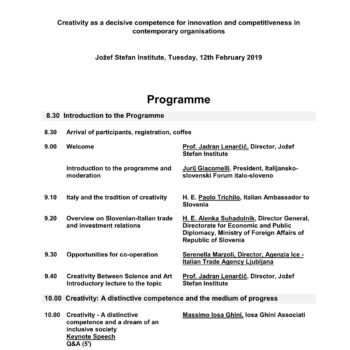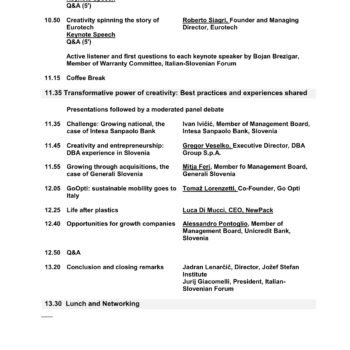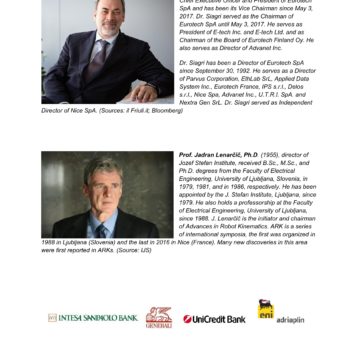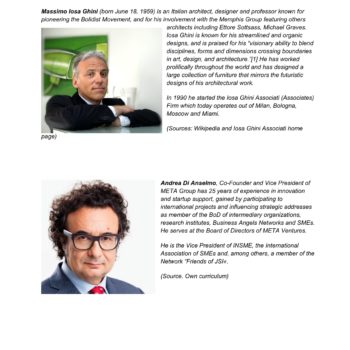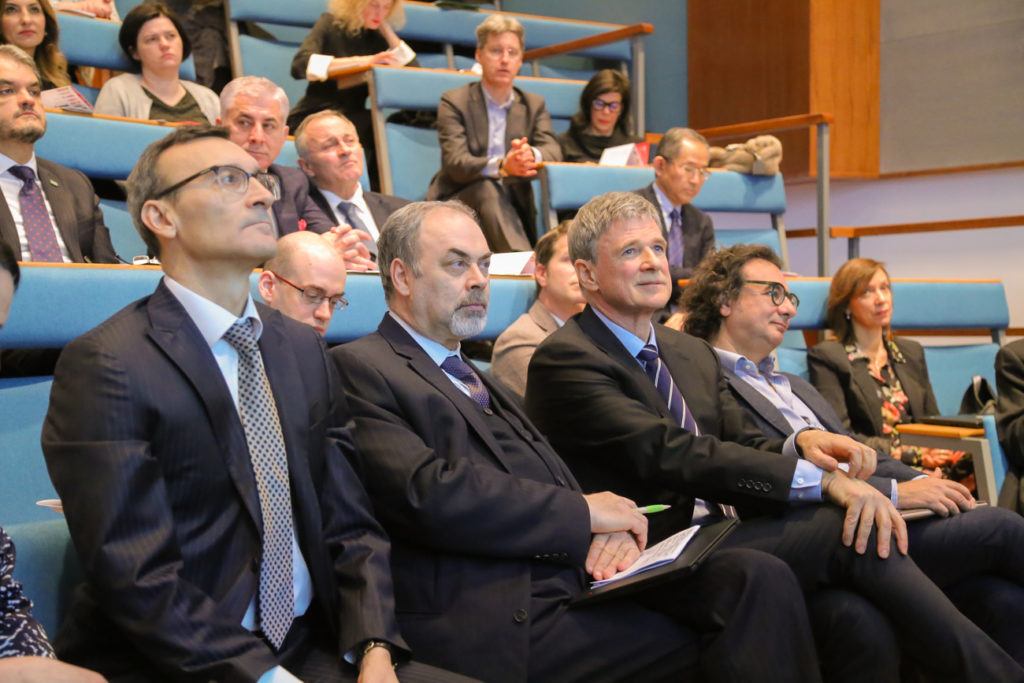CREATIVITY AT THE 7TH ITALIAN BUSINESS FORUM
A decisive organisational competence
Ljubljana, 12th February 2019
If there is one characteristic inseparable from a human being – and of a unique significance for the society at large, in the most abstract sense – it is the capability to create something new and somehow valuable. Whether the created item may be intangible: an idea, a scientific theory, a musical composition, a winning move in a sport game or a joke, or a physical object such as an invention, a literary work, or a painting, it does not really matter. It has been so far an exclusive and distinctive characteristic of humans and humanity.
In times when almost every individual and organisational competence is projected to be soon substituted by more efficient machines endeavoured by the seemingly limitless artificial intelligence, the creativity is increasingly becoming scarce and distinctive. Inevitably, it is destined to become a decisive competence for innovation and competitiveness in contemporary organisations.
Every February Italian Business Forum brings together excellent speakers from Italy and Slovenia, allowing for the exchange of views and experiences on a challenging aspect of creativity. A number of best practices in the programme depicted the creative and innovation landscape.
The forum was introduced by H. E. Paolo Trichilo, Italian Ambassador to Slovenia, H. E. Alenka Suhadolnik, Director General, Directorate for Economic and Public Diplomacy, Ministry of Foreign Affairs of Republic of Slovenia, and Serenella Marzoli, Director, Agenzia Ice – Italian Trade Agency Ljubljana.
Jadran Lenarčič, Director, Jožef Stefan Institute in traduced the topic and explained that one inseparable characteristic of every . Architect and designer Massimo Iosa Ghini (Iosa Ghini Associati) presented his work stemming from Boldist movement and the times of Memphis Group.
Andrea Di Anselmo, Vice President, Meta Group, underlined the importance to invest into talent in earlies years, like it happened to Michelangelo Buonarroti in the late 15th and early 16th century Florence. Creativity and innovation are inseparable from place. Therefore, showed that of the overall social environment for the intensification of innovative enterprises, like in the case of Stockholm. Not only the specific infrastructure, but also the availability of apartments for young families and kindergartens represent decisive factors for the Swedish capital to be at the top of the number of successful innovative startups in global terms.
Roberto Siagri, Founder and Managing Director, Eurotech, seated in Tolmezzo (Italy) and present on three continents, was convincing: following the Moore’s law, after 2040 intelligence of machines may exceed the intelligence of the human race.
A number of best practices followed. Ivan Ivičić, Member of Management Board, Intesa Sanpaolo Bank, Slovenia, showed how the leading Italian banking group is coping with a creative challenge to serve their clients through “physical” and “digital” challenges. One such element is a “community table”, a compulsory element in every Intesa Sanpaolo’s branch. Lina Kaldana, Executive Director, Actual, DBA Group S.p.A., exposed the challenge to continuously integrate new competencies into the Group through acquisitions. Mitja Feri, Member of Management Board, Generali Slovenia confirmed that the integration of newly acquired competencies is critical and exposed their approach to let acquired innovative companies continue flourish besides the main organisation for a long time. So, different cultures may co-exist. Tomaž Lorenzetti, Co-Founder of Go Opti, showed the challenge of the development of an international mobility network that contributes to sustainability. Similarly, Luca Di Mucci, CEO of NewPack, exposed the need to clean the world from plastic waste. He endeavoured a new company in Slovenia that will produce biodegradable and compostable plastics. Alessandro Pontoglio, Member of Management Board at UniCredit Bank, Slovenia, tackled the issue of severe and complex regulatory environment of the banking industry that imposed the need to innovate at the other end, given the disruptive power and new opportunities arising from digital technologies.
All these examples serve the purpose of IBF: to bring the best practice of Italy and Slovenia closer together, exposing it to engage wider audiences, helping them to learn from each other and creating the conditions for even tighter cooperation between governments, experts, businesses and individuals from both countries, and all those engaged in the relationships between these two European neighbours.
The regular annual event of Italian-Slovenian Forum (www.forumitaslo.eu) is the result of a fruitful ongoing partnership between the Embassy of Italy, the Italian Trade Agency – ICE, the Jožef Stefan Institute. The contribution of the sponsors in very much appreciated: Eni Adriaplin, Generali Slovenia, Intesa Sanpaolo Bank and UniCredit bank Slovenia are faithful supporters of the IBF. Creative coffee break was supported by Qubik Caffe’.
J. G.
